
When chronic kidney disease reaches an advanced stage, dangerous levels of fluid, electrolytes and wastes can build up in your body.
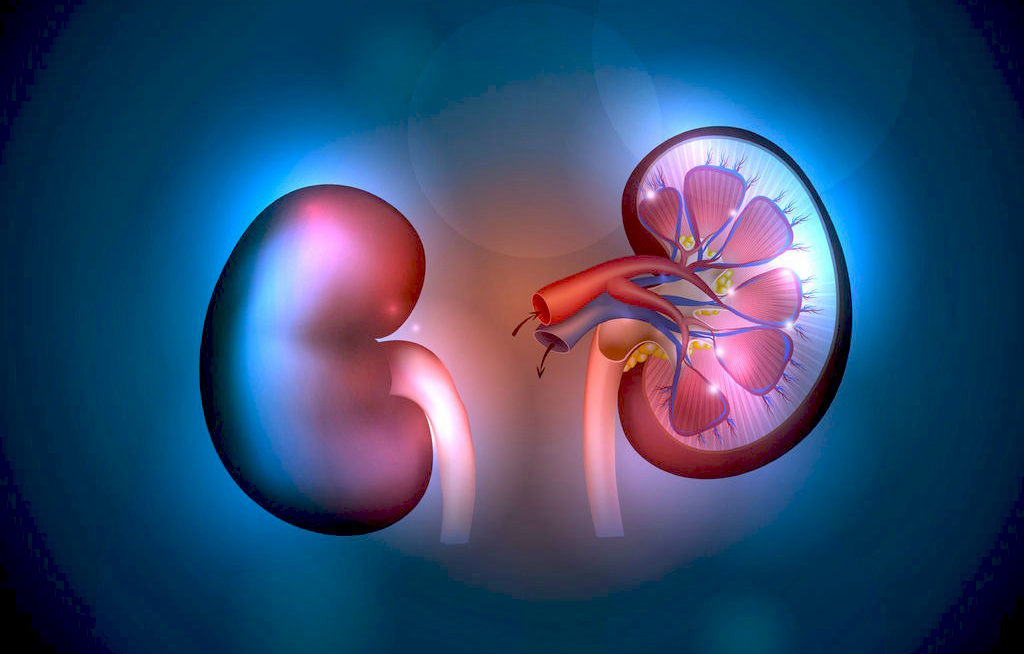
New York Prepared by Ed Hosseinipour, Senior clinical pharmacist Chronic kidney disease, also called chronic kidney failure, describes the gradual loss of kidney function. Your kidneys filter wastes and excess fluids from your blood, which are then excreted in your urine. When chronic kidney disease reaches an advanced stage, dangerous levels of fluid, electrolytes and wastes can build up in your body.
In the early stages of chronic kidney disease, you may have few signs or symptoms. Chronic kidney disease may not become apparent until your kidney function is significantly impaired.
Treatment for chronic kidney disease focuses on slowing the progression of the kidney damage, usually by controlling the underlying cause. Chronic kidney disease can progress to end-stage kidney failure, which is fatal without artificial filtering (dialysis) or a kidney transplant.
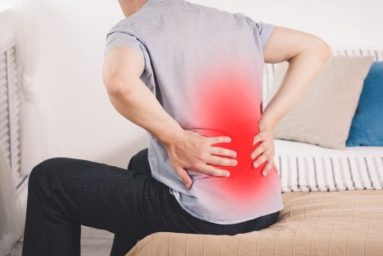
Symptoms. Signs and symptoms of chronic kidney disease develop over time if kidney damage progresses slowly. Signs and symptoms of kidney disease may include, Nausea, Vomiting, Loss of appetite, Fatigue and weakness,
Sleep problems, Changes in how much you urinate, Decreased mental sharpness, Muscle twitches and cramps, Swelling of feet and ankles, Persistent itching, Chest pain, if fluid builds up around the lining of the heart,
Shortness of breath, if fluid builds up in the lungs, High blood pressure (hypertension) that’s difficult to control
Causes. Diseases and conditions that cause chronic kidney disease include Type 1 or type 2 diabetes, High blood pressure, Glomerulonephritis : an inflammation of the kidney’s filtering units (glomeruli)
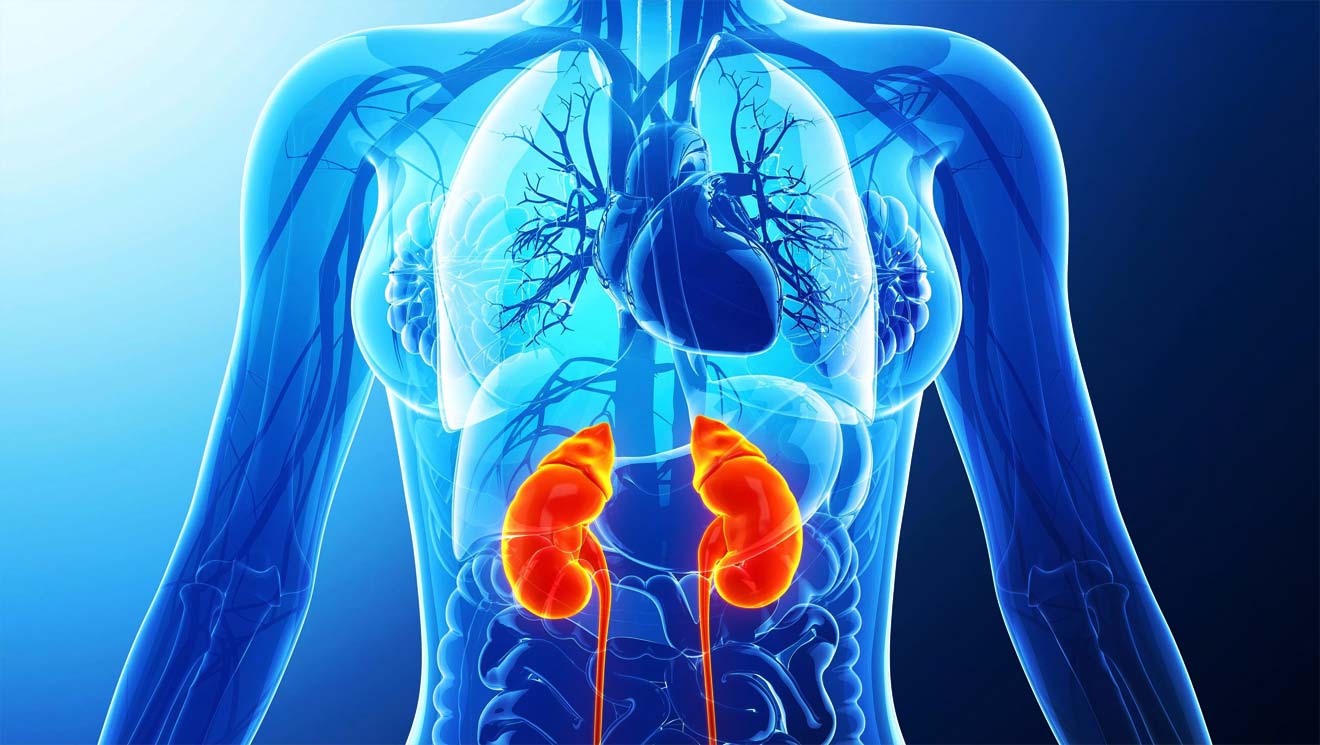
- Interstitial nephritis: an inflammation of the kidney’s tubules and surrounding, Polycystic kidney disease, Prolonged obstruction of the urinary tract, from conditions such as enlarged prostate, kidney stones and some cancers, Vesicoureteral reflux, a condition that causes urine to back up into your kidneys, Recurrent kidney infection, also called pyelonephritis
Prevention. Follow instructions on over-the-counter medications.When using nonprescription pain relievers, such as aspirin, ibuprofen (Advil, Motrin IB, others) and acetaminophen (Tylenol, others), follow the instructions on the package.
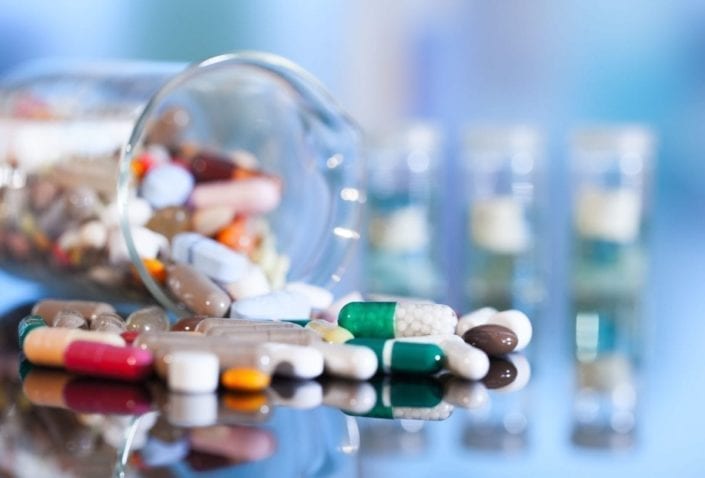
Taking too many pain relievers could lead to kidney damage and generally should be avoided if you have kidney disease. Ask your doctor whether these drugs are safe for you.
- Maintain a healthy weight.If you’re at a healthy weight, work to maintain it by being physically active most days of the week.
- Don’t smoke.Cigarette smoking can damage your kidneys and make existing kidney damage worse. If you’re a smoker, talk to your doctor about strategies for quitting smoking.
- Manage your medical conditions with your doctor’s help.If you have diseases or conditions that increase your risk of kidney disease, work with your doctor to control them.
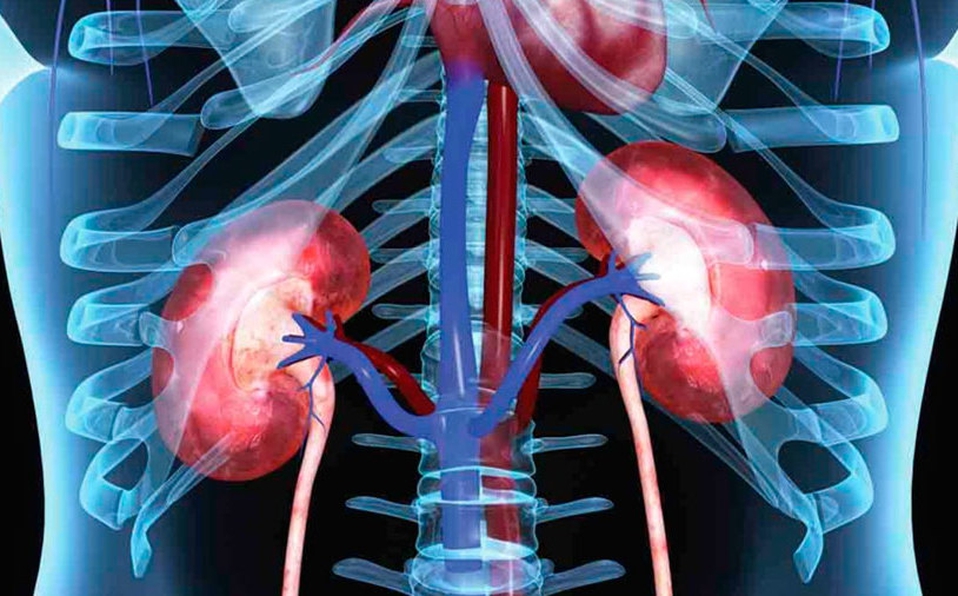
Treatment of early Stages. Treatment usually consists of measures to help control signs and symptoms, reduce complications, and slow progression of the disease. If your kidneys become severely damaged, you may need treatment for end-stage kidney disease.
Kidney disease complications can be controlled to make you more comfortable. Treatments may include. High blood pressure medications.Medications to lower cholesterol levels. Medications to treat anemia. Medications to relieve swelling. Medications to protect your bones.
A lower protein diet to minimize waste products in your blood.

Our Clinical Pharmacists at Baron Specialty Pharmacy can recommend the best fit medications and follow-up with your Physician to make sure you are on the most beneficial treatment.
Treatment for end-stages. If your kidneys can’t keep up with waste and fluid clearance on their own and you develop complete or near-complete kidney failure, you have end-stage kidney disease. At that point, you need dialysis or a kidney transplant.
- Dialysis artificially removes waste products and extra fluid from your blood when your kidneys can no longer do this. In hemodialysis, a machine filters waste and excess fluids from your blood. In peritoneal dialysis, a thin tube (catheter) inserted into your abdomen fills your abdominal cavity with a dialysis solution that absorbs waste and excess fluids. After a period of time, the dialysis solution drains from your body, carrying the waste with it.
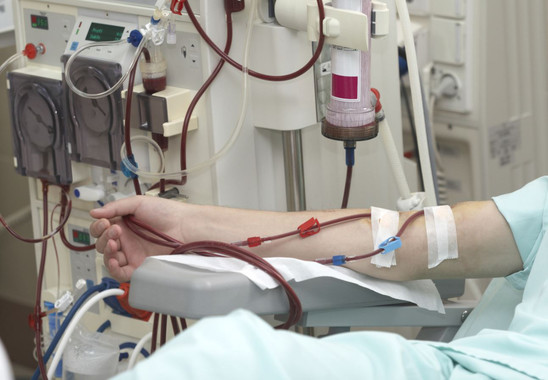
- Kidney transplant.A kidney transplant involves surgically placing a healthy kidney from a donor into your body. Transplanted kidneys can come from deceased or living donors. You’ll need to take medications for the rest of your life to keep your body from rejecting the new organ. You don’t need to be on dialysis to have a kidney transplant.
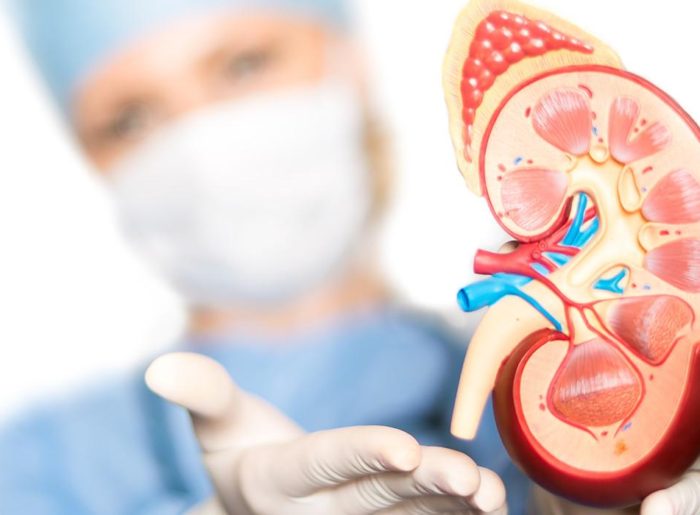
As always feel free to make an appointment with Baron Specialty Pharmacists for a free consultation regarding more detail about this disease or any other medical condition.[ENG]
